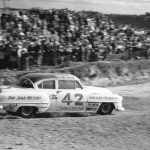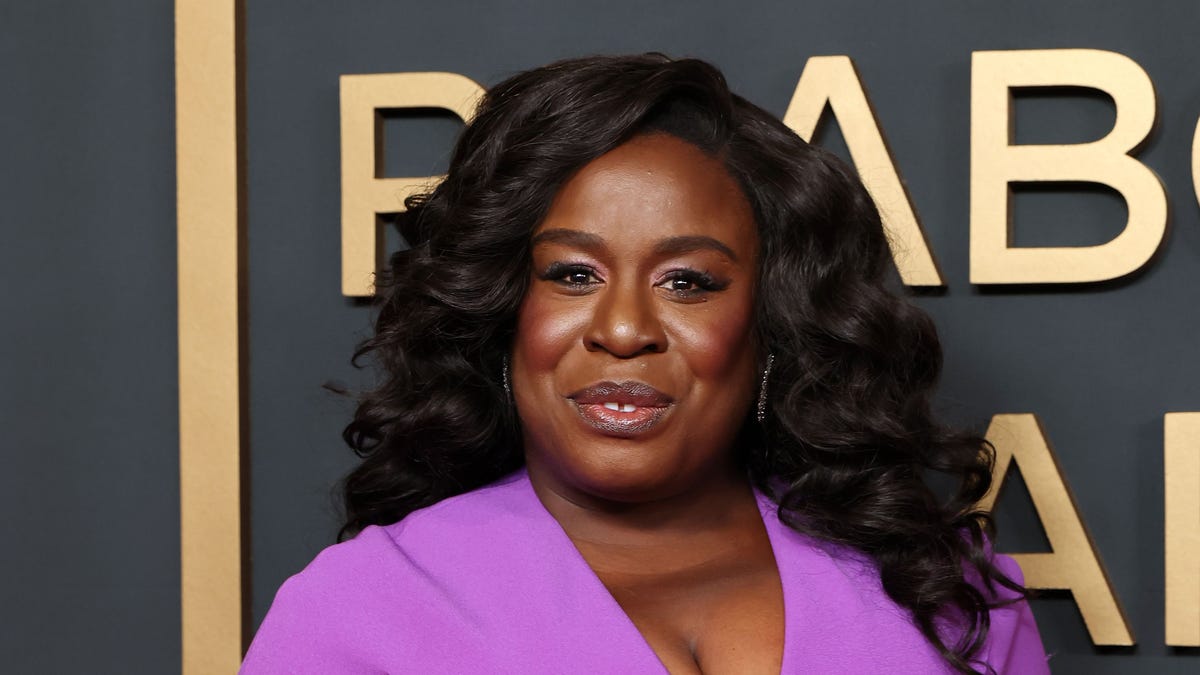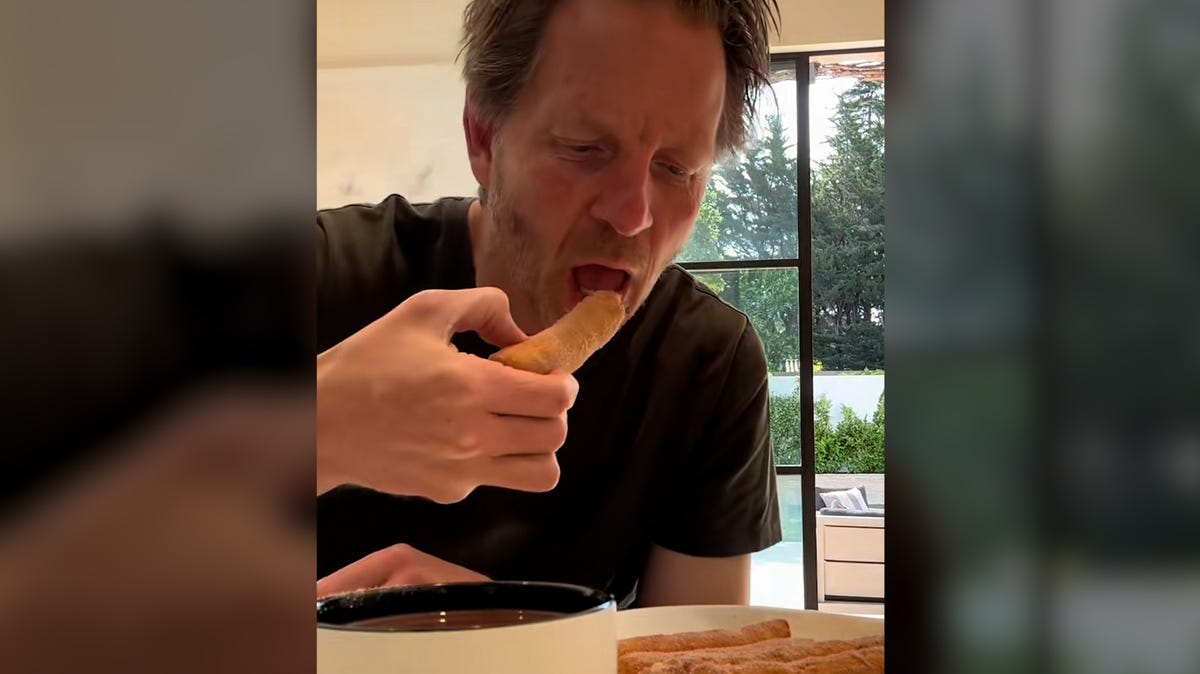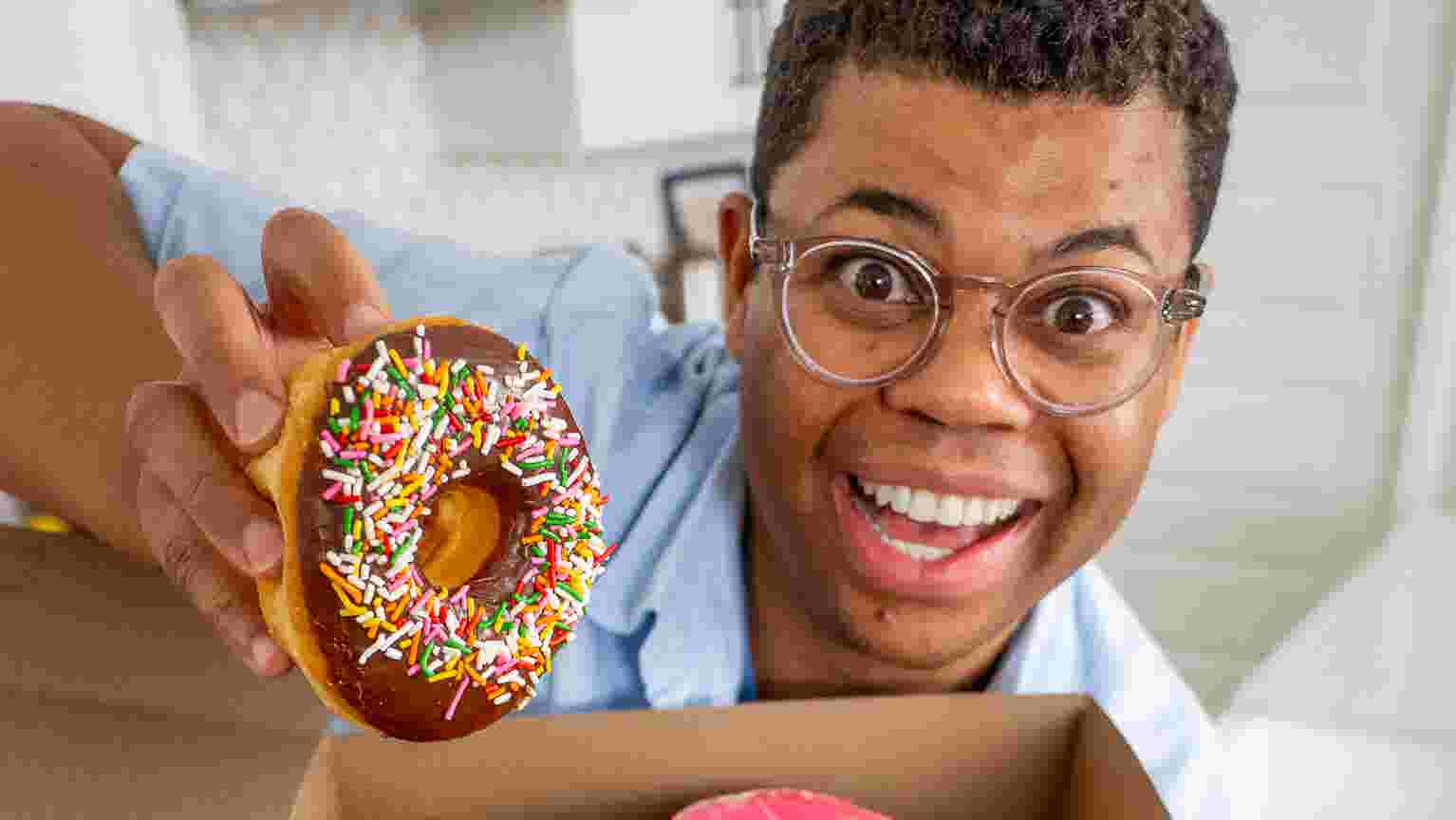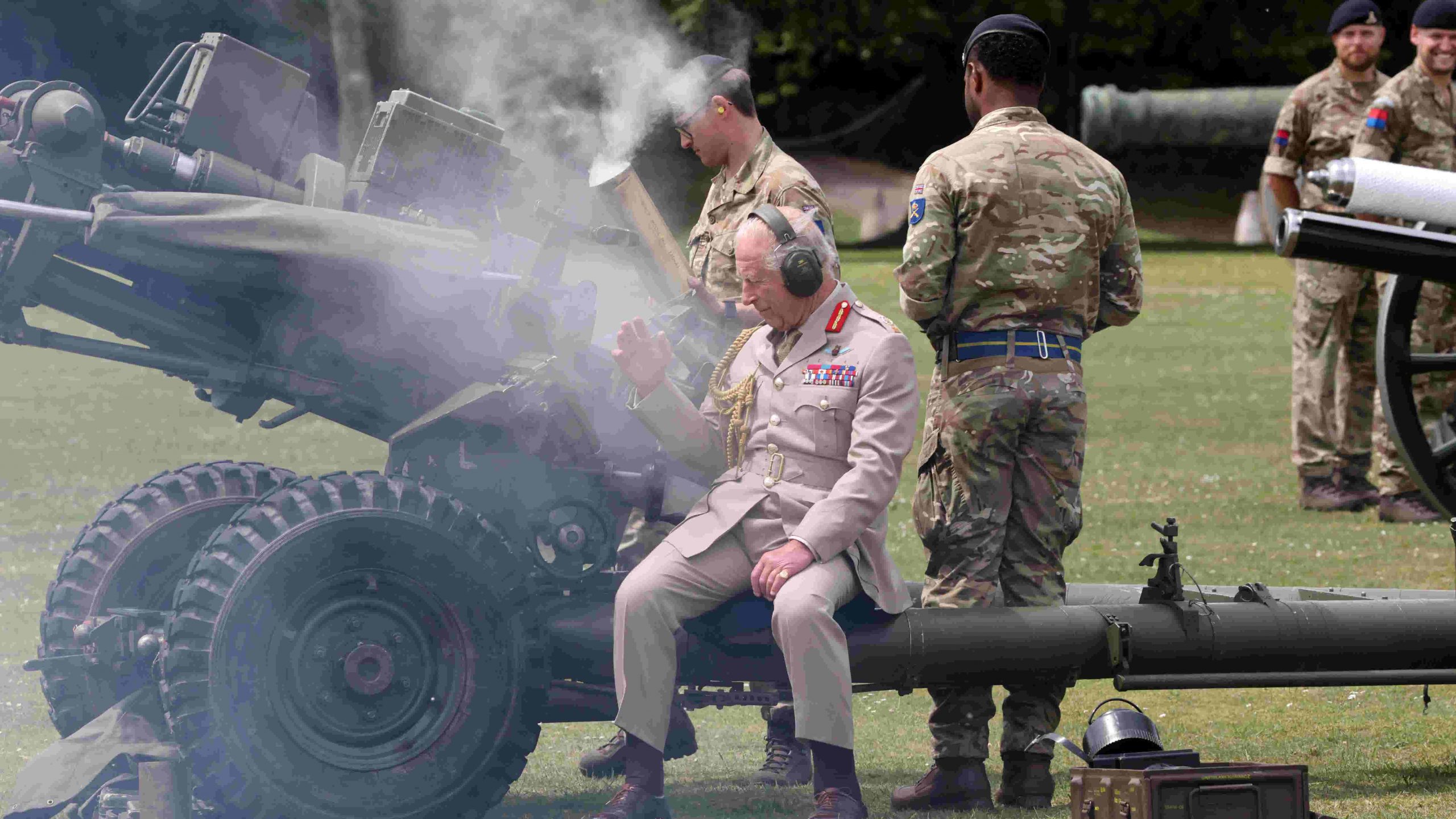Award-winning actress Uzo Aduba narrates the PBS documentary “Caregiving,” which premieres June 24 at 9 p.m. EST.
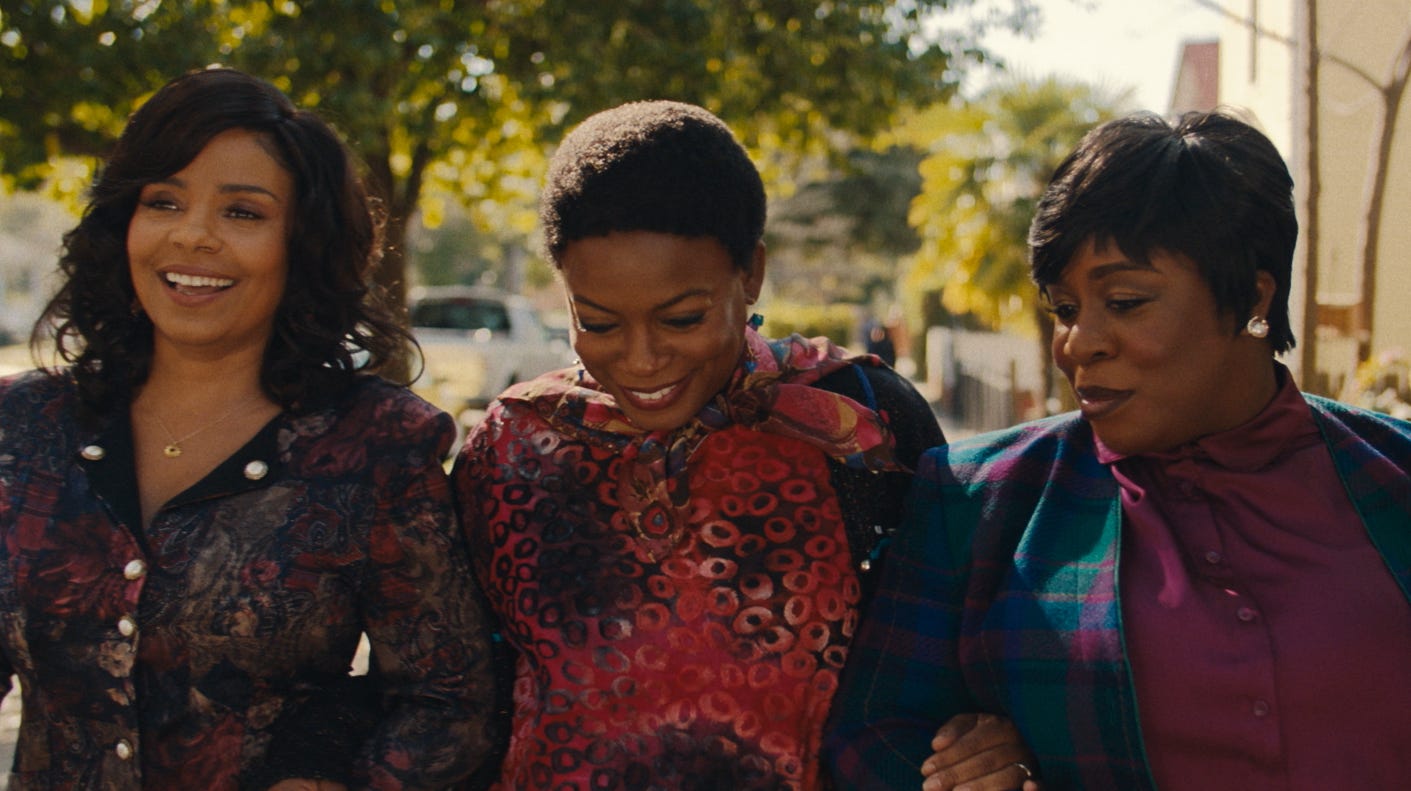
Hulu’s ‘The Supremes at Earl’s All-You-Can-Eat’ tracks three best pals
Aunjanue Ellis-Taylor, Sanaa Lathan and Uzo Aduba star as a trio of best friends in the Hulu drama “The Supremes at Earl’s All-You-Can-Eat.”
Emmy Award-winning actress Uzo Aduba cared for her mom, who was diagnosed with pancreatic cancer in 2019, for 495 days.
But for a while, Aduba never considered herself a caregiver.
“One day our mother was fine, and then one day she wasn’t,” Aduba told USA TODAY. “So in the middle of ‘wasn’t,’ you’re just trying to figure out how to assemble the pieces to keep life as quote-unquote ‘normal’ as possible.”
Aduba said she always associated the term “caregiver” with medical staff. Now, she knows there are millions of caregivers across the country with no medical training, who − like her − were thrust into caregiving roles without warning once their loved one got sick.
“I didn’t realize that there was this whole framework, frankly, of loved ones who were serving in this sort of invisible labor, all across the country, day in, day out, in varying ways, as caregivers to people,” she said.
Now, she wants other family caregivers to know they aren’t alone.
Aduba, known for her roles in the television series “Orange Is the New Black” and “The Residence,” narrates the PBS documentary “Caregiving,” which premieres June 24 at 9 p.m. EST. The film was created with executive producer and Academy Award-nominated actor Bradley Cooper and features caregivers from across the country.
“It was the reading of the stories, of the history of it, the families, the individuals involved in caregiving, the advocates for it that drew me to it because I saw a lot of myself in the portraiture,” Aduba said of the film. “I belong to the caregiving community.”
The need for care is universal, said Ai-jen Poo, executive director and board secretary for Caring Across Generations. She hopes having celebrities like Aduba and Cooper speak out about their caregiving experience will help people see how caregiving connects us all.
“It is a reminder that every single one of us is touched by the need for care,” she said.
‘As I write this, my mother is dying.’ Uzo Aduba shares caregiving story in memoir released last year
Aduba shared some of her caregiving experience in her book, “The Road is Good,” which was released in September 2024. The sweeping memoir tells her story of growing up in a Nigerian immigrant family in Massachusetts. But Aduba’s life story, as she notes in the book, is also the story of her relationship with her mother.
There’s no way to separate the two narratives.
She starts the book with: “As I write this, my mother is dying.”
Aduba wrote of the range of emotions that came once her mother was diagnosed with pancreatic cancer: fear, anxiety, frustration and grief. She wrote of the the ups and downs of those 495 days, which collided with the COVID-19 pandemic, her engagement, and wedding.
She also wrote of the duller moments of care that other family caregivers can relate to.
“We took naps and watched whatever we could find on TV. We ordered takeout from the fancy steakhouse in town. We waited, stared at our phones, and took turns curling up with our mother in the hospital bed,” she wrote in the book.
Aduba said she and her sisters took shifts in caring for their mother. Later, when her mother went into hospice, Aduba described the hospice nurse as an angel.
In her culture, Aduba explained, caregiving is “the greatest show of love.”
Aduba’s time with her mother was priceless: ‘I would do it again.’
Another caregiver featured in the documentary, Matthew Cauli, is outspoken on social media about how difficult it is for caregivers to access resources.
“I had to quit my job to go into poverty in order to get on Medicaid so that my wife could get some treatment,” Cauli, who cares for his sick wife and young son, said in a recent social media post. “I’ve been in poverty for five years, credit card debt for five years. And I am stuck, I’m stuck, I’m stuck.”
In working on the film, Aduba said she learned a lot about how massive the caregiving crisis is. When she was a caregiver for her mom, she said, she didn’t realize that resources were out there at all.
“We had no knowledge that that even existed, you know?” Aduba said.
There are a lot of family caregivers out there who don’t know where to get resources, or that help exists, or about the policies advocates are trying to enact to bring more relief to caregivers. Aduba said the film does a great job at shining a light on the history of caregiving and advocacy work happening now to make things better.
Aduba and her sisters didn’t have time to think about anything else while they were caring for their mother, Aduba told USA TODAY. When you care for someone, she said, “your needs are second” to the patient. Her own health needs took a back seat during that time, her sleep schedule turned upside down and her free time ceased to exist.
“I would do it again,” she said. “But I also know that I’m speaking from a place of immense privilege and not everybody… there are other people who are carrying way more than I on their day to day while also having to navigate caregiving at the same time.”
Madeline Mitchell’s role covering women and the caregiving economy at USA TODAY is supported by a partnership with Pivotal Ventures and Journalism Funding Partners. Funders do not provide editorial input. Reach Madeline at memitchell@usatoday.com and @maddiemitch_ on X.




